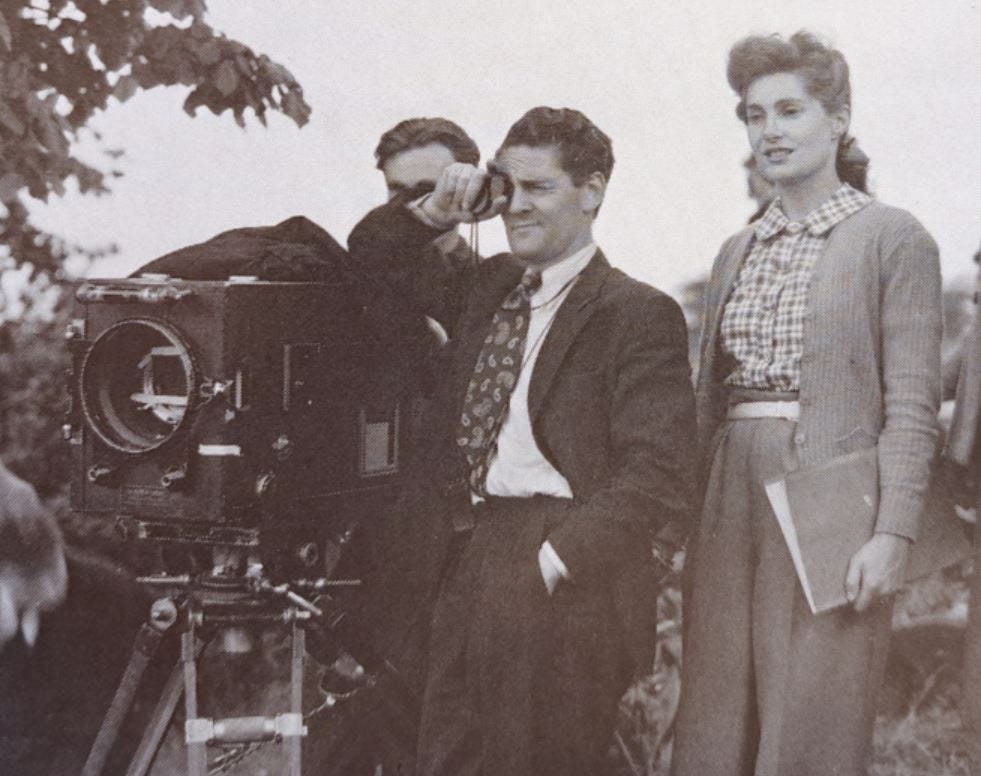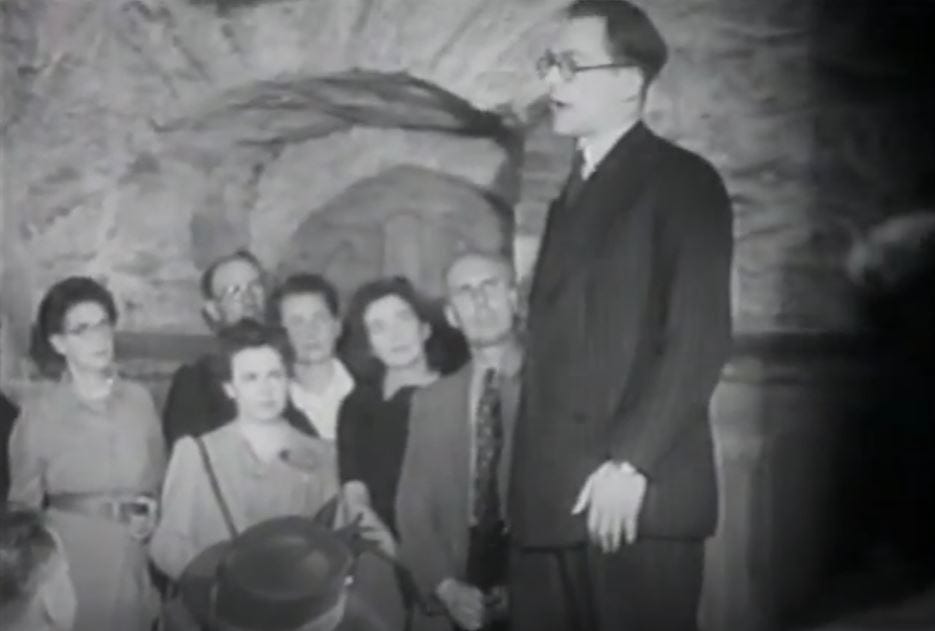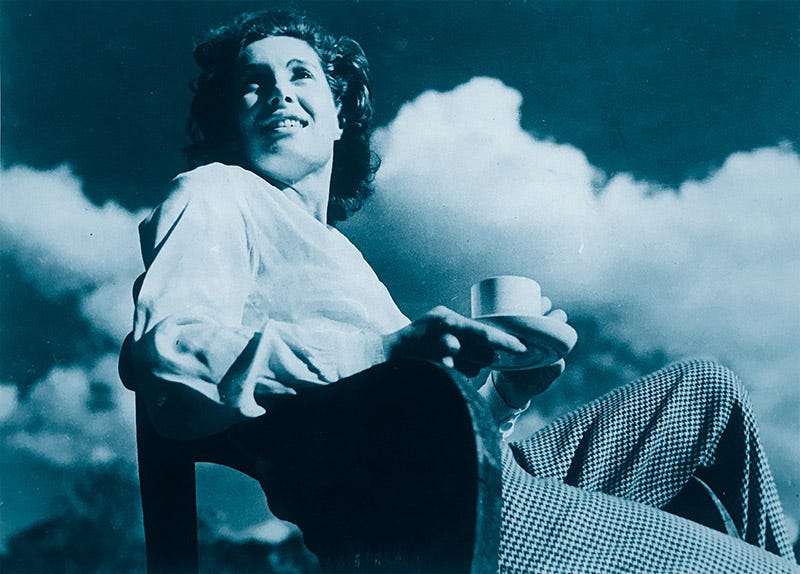Carl Rollyson is a prolific biographer whose writings about women are exceptionally thoughtful and insightful. Over the years, he has chosen worthy but challenging women as his subjects, amongst them the writers Martha Gellhorn and Susan Sontag, both of whom did their best to stop him. The subject of today’s podcast, Jill Craigie, was a first lady of the back bench. I find her story, as told in To be a Woman, illuminating, and think you will, too. It’s a story well told and timely - in fact, more timely than ever as we grapple with the role of women in politics and in society.
While one can’t call Jill Craigie’s life “ordinary,” she is far easier to relate to than most of our American first ladies, whose lives are polished and scripted. Craigie and her husband entertained in their house in Hampstead just as friends of mine in London do today. They mixed not with big donors but with fervent socialist politicians and London’s literary folk. She went to the nursery to buy plants for her beloved garden and planted them out herself.
From the podcast:
She was a William Morris socialist. And what I mean by that is socialism wasn't just abstract ideas. You know, people should be equal or there should be, you know, free public health or things. She was a William Moore socialist, which meant you had to try to make every day beautiful. The plates you ate on, the clothes you wore, the house you lived in, anything you could do on a daily basis was part of her socialism.
An early marriage helped her find a vocation as a film director. Making a film about Plymouth led to her meeting and marrying Michael Foot, a major figure in 20th-century British politics. See it here.
The link takes you to a spot later in the film when Michael Foot appears, followed by a march by young people that reminded me vividly of what we hear about young people’s concerns today. But the whole thing is worth watching. Reading through Carl Rollyson’s account of the making of the film, I see that Lewis Mumford visited Plymouth and was photographed with Craigie. I couldn’t help thinking that it was fortunate they lived on different sides of the Atlantic. At that point, Mumford had stopped having extramarital affairs, at least so far as we know, but Craigie admired him greatly and was just the sort of woman he gravitated to outside marriage.
Many biographers glide over touchy areas and smooth out rough patches. Rollyson does neither. Although he was staying with Michael Foot while he did his research, and though he had greatly admired Craigie and was on terms of warm friendship with Foot, this did not stop his prying and prodding until he got answers to vital questions. He explores the accommodations, illusions, and delusions that are woven into the fabric of what of what was undoubtedly a loving marriage. He looks closely at the consequences of Jill’s being raped by the writer Arthur Koestler, a friend of Foot’s and a literary “great man,” a traumatic experience that she kept secret for decades. “The rape, in effect, became a parable of everything Jill could not say, of everything she felt she could not change about the condition of women.”
Rollyson’s search for the truth will be instructive for biographers and for anyone thinking of writing a memoir. It led to a breach with Michael Foot, a story Rollyson ended up telling in A Private Life of Michael Foot. For those to hope to have their life story written one day, let this be a warning against the honest and dogged biographer!
Much more about Jill Craigie in this letter:
Show Notes
Carl Rollyson is a prolific biographer as well as a critic who writes and podcasts extensively about the art of biography. He is writing a book about presidential biographers that I am very much looking forward to, and we’ll be doing another podcast about his biographies of Sylvia Plath (not a favorite of mine, so I’m eager to hear why he keeps coming back to her).
To be a Woman is available as an ebook, in paperback, and as an audiobook read by Helen Lloyd.
Carl and I spoke about Jill Craigie and women’s biographyon Carl’s podcast, too. You can listen here.

















Share this post